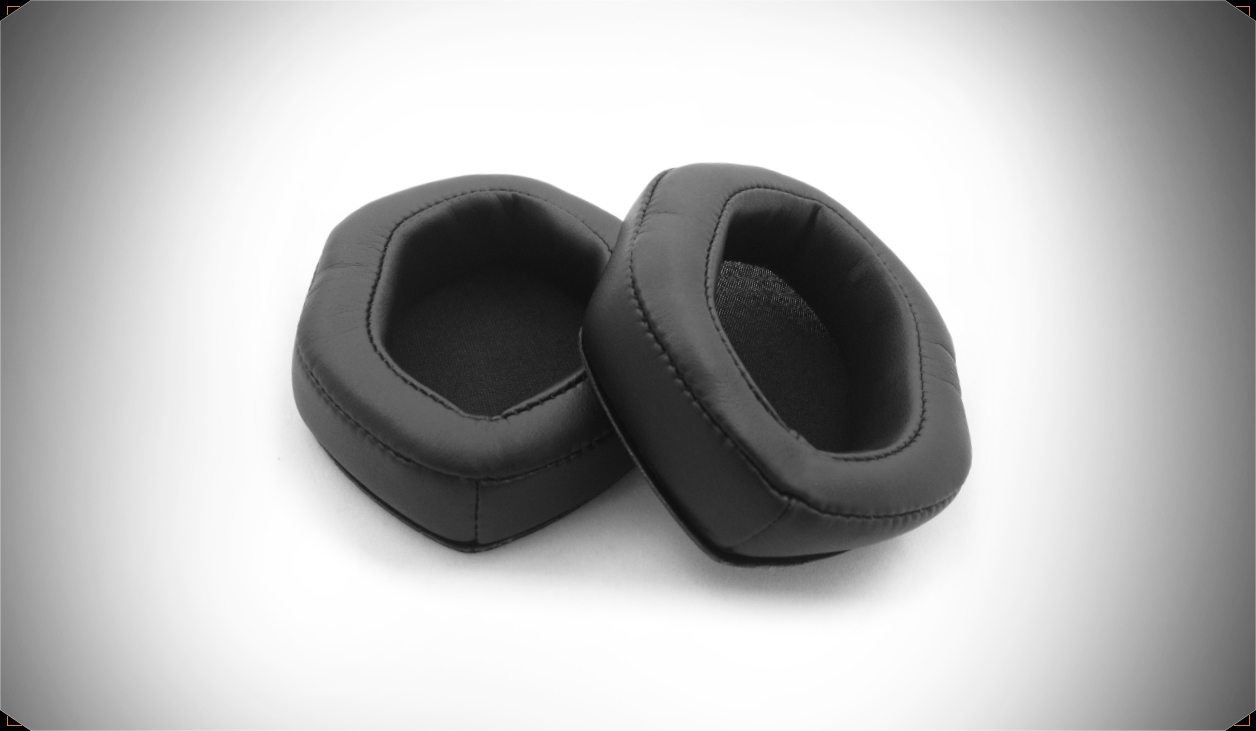
Storm clean-up near us is slow and there’s no word when power will be restored to thousands of homes. Problems in our area are minuscule compared to states on the coast, as well as hard hit countries like Cuba and Haiti. And yet everywhere there’s a crisis, wonderful things are happening.
People are freely sharing food, water, and electricity with each other. They are cooking the last of the food from their freezers to offer their neighbors. They’re donating their time to labor on behalf of those they’ve never met. The much-maligned Occupy movement mobilized their networks, getting thousands of volunteers to help out in neighborhoods well before more established organizations like the Red Cross arrived, and is still at work.
Hundreds of marathoners, without a race after New York City cancelled the run, jogged through Staten Island on Sunday with backpacks full of supplies to donate. The theater community is sharing equipment and space so that shows can go on. Companies large and small are offering wi-fi, power, and work areas for free. Restaurants are giving away free food, businesses are dropping standard fees, and big companies are stepping up to offer direct help including AT&T now sharing networks with rival T-Mobile. The online community has been busy, passing along information as it happens, and coming up with collaborative solutions. You may have friends or relatives staying with you now.
This is who we really are.
We humans are wired to live in interdependent networks of people based on mutual support and compassion. Ninety-nine percent of humanity’s time on earth took place while we lived as nomadic hunter-gatherers, a time when we did not make war against each other. Anthropologists tell us that our species never would have survived without structuring our lives around sharing food and resources. This responsive caring is basic to who we are.
But we’re told people are essentially selfish. Popular culture feeds this concept by elevating what’s superficial and materialistic, the better to shape us into perpetual consumers. Worse, we seem to think that selfishness can easily erupt into brutally dangerous behavior when disaster strikes. According to a remarkable book, A Paradise Built in Hell: The Extraordinary Communities That Arise in Disaster, the opposite is true.
Author Rebecca Solnit takes a close look at disasters including earthquakes, floods, and explosions. She finds tragedy and grief, but something else too, something rarely noticed. During and after these horrific crises there shines from the wreckage something extraordinary.
People rise up as if liberated, regardless of their differences, to act out of deep regard for one another. They improvise, coordinate, create new social ties, and pour themselves into work that has no personal gain other than a sense of meaning. While they do this, they often express strangely transcendent feelings of joy, envisioning a greater and more altruistic community in the making. Even those suffering the most horrific misfortune often turn around to aid others and later remember it as the defining moment of their lives. This is a testament to the human spirit, as if disaster cracks us open to our better selves. As Solnit says, “The possibility of paradise is already within us as a default setting.”
Disaster is often compounded by those who believe that human nature is selfish and cruel. In many cases this is the drumbeat sounded by the media and acted on by authorities. An analysis of disasters shows that official efforts to deal with disaster tend to focus on this aspect, suppressing the efforts of ordinary people to reach out while increasing tighter controls. This deprives people of helping one another and compounds the crisis.
Solnit says that the enlivening purpose that truly comes to the fore as a result of disasters tells us something about ourselves. “Each of us enlarges the world by idealistic passion and engagement. Meaning must be sought out; it is not built into most people’s lives. The tasks that arise in disaster often restore this meaning.”
No one wants their blessedly ordinary lives wiped away by something unimaginably horrible. But it’s good to know, as Solnit says, who we are in a crisis gives us a “glimpse of who else we ourselves may be and what else our society could become.”




